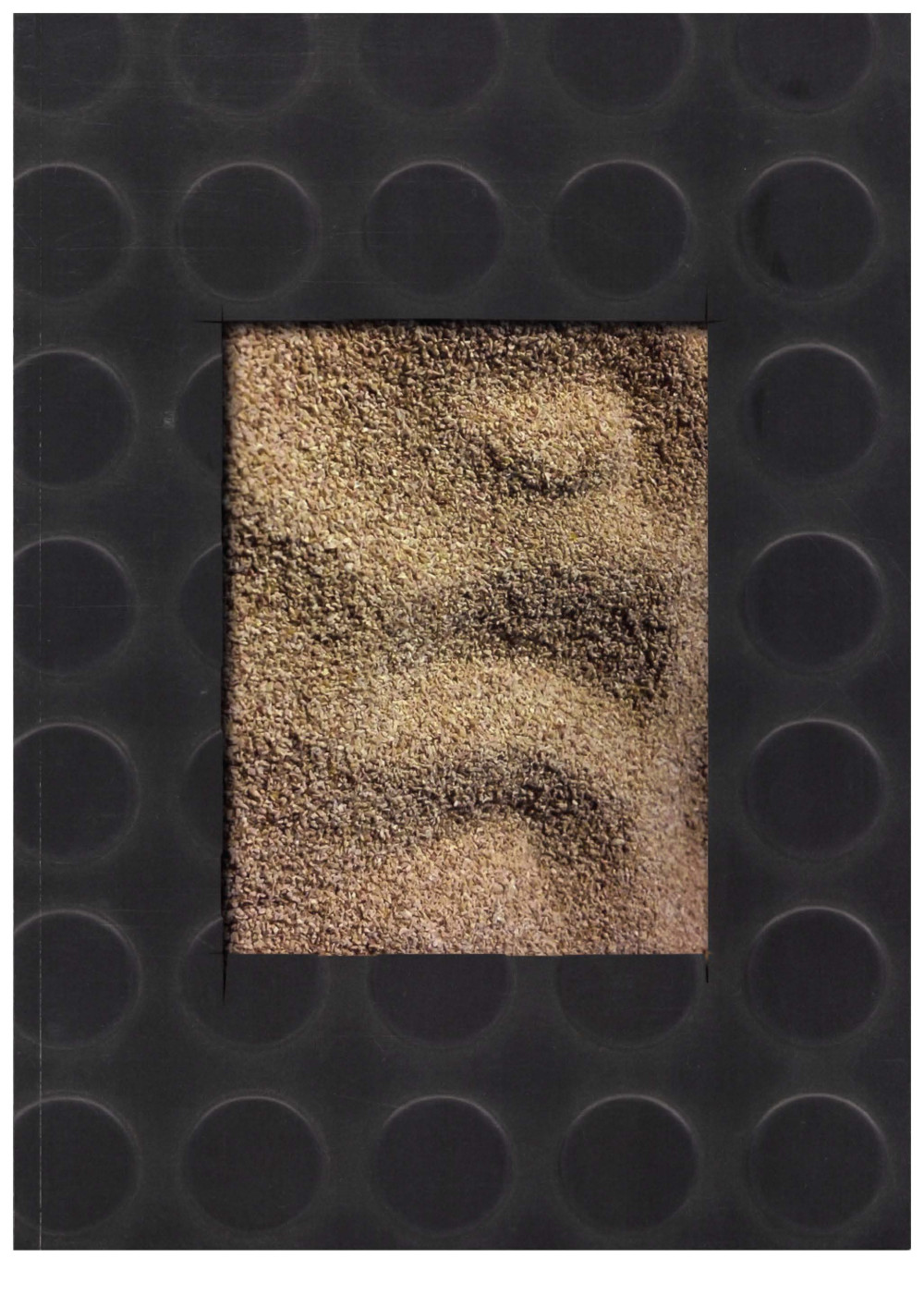What if we were to challenge today who we could be tomorrow?
Our society is set within a structured network of norms and borders which determine our thoughts and actions. They can be seen as systems of truths; they are powerful mechanisms that organise our social structures and predefine what we should approve and disapprove of. Architecture, with its important societal function, also consists of such systems of truths: building laws, construction and architectural styles are regulations, they direct what and how we design. Critique is a tool for us to become conscious of the systems' different forms of power and gives us the permission to challenge them. This calls for a change of perspective: the critical conception of a phenomenon requires its examination from diverse angles. Necessarily the personal position will be questioned. Critique is therefore intrinsically linked to the compromise of our own safety.
Today students at our architecture department tend to take few risks in their design projects. Topics, concepts and graphic representations are usually conforming with the directives and policies of the design chairs. In many projects the student remains thus practically invisible. It seems that the fear of having to defend own ideas prevails.
Why do we do something of which we are not convinced, just because we think it is the appropriate thing to do? What are the real hierarchical and disciplinary constraints to which we have to succumb? And what kind of restrictions did we impose on ourselves? If we do not want to be dictated from the outside, we need to ask ourselves what we believe is good! We have to take a stand, even at the risk of becoming vulnerable – this is the only way a constructive discussion can arise.
We, as editors of trans, also ask ourselves: which accepted truths do we trust? Which liberties do we really have? What do we think is good? We were caught up by the feeling of having followed a fictional <trans-machine>. For we are independent of content restrictions. We can and want to express our opinion.
The department is evolving. The new chairs of architectural design, the change of dean and political activities, such as the Parity Group, are indications that existing systems are now also being reassessed by the institution. The question of what the school wants to be is being revised, trans is part of the school and its voice. We therefore want to focus the forthcoming issues more on what is being developed at the school.
The production and design of the magazine has been redefined: a smaller size, lighter paper, a denser layout carry the vision of a handier architecture journal, one that can be folded, rolled and read en route.
trans 31 will be sent to all students of the Department of Architecture. Disguised as an initiative, it should be understood as an appeal to all students to use trans as a critical platform: works that were produced at the department and circulating topics will be the essence of the magazine, supported and complemented by contributions from outside the institution.
Critique is projective, if it stimulates activities, proposes alternatives and demands action. This desire for change makes it a productive critique, trans 31 hopes to mark the beginning of this change.
Contributors
Saida Brückner and Adrien Meuwly, Erik Wegerhoff, Jan Engelke und Lukas Fink, Jane Rcndell, Johanna Muther und Claudio Schneider, Axel Chevroulet and Anna Maclver-Ek, Martin Härtung, Marija Marie, Nikolai von Rosen und Karin Sander, Philip Dörge, Emanuel Falk, Pierre Marmy and Christian Ott, Roman Hollenstein und Niklas Maak, Rabea, Jack Self, Vincent Bianchi and Yann Salzmann, Jonathan Hill, Elena Pibernik, Torsten Lange and Charlotte Malterre-Barthes, GruppoTorto, Philippe Nathan and Mélissa Vrolixs, Metaxia Markaki, Paola De Martin, Sebastian Linsin, Armen Avanessian, Ben Summers, Sophie Keel
Editorial Team
Ruben Bernegger, Saida Brückner, Dorothee Hann, Adrien Meuwly
Table of content
Der Kritiker
Das Hotel, die jungen Architekten und die Leute
Open to criticism
"What does critique mean to you?"
The critical architect
"Comment développer l'esprit critique des étudiants, M. Swinnen?"
Gegenwind
Architects who make a fuss
Involuntary critique
L'ensemble et l'unité : a tale of two appartments
Neunzehn Tage ohne Denken
"What about critique at an institution, Mr. Emerson?"
Critical knitting
"What is the role of critique in your pedagogy, Mr. Lehnerer?"
Postästhetische Architektur
Armchair activism
Verhältnisse
"Est-ce que l'architecte possède un regard suffisamment critique, M. Ortelli?"
Solo house
Unkritische Nähe
Kritik als Methode : oder Die Schönheit des Katasterplans
"How can students be critical today, Mr. Dietz?"
To miss the desert : architecture, site and writing
Findling
The fox and the lion : or the perpetual habit of ETH students to romaticise the past
Architectural criticism on the art market : a US-American debate
"How important is it that your students are critical, Mr. Kerez?"
Follow that big yellow duck! : On jokes and urban commons
Tischkritik
"What about critical thought within the design studio, Mr. Lütjens, Mr. Padmanabhan?"
Project monsters
